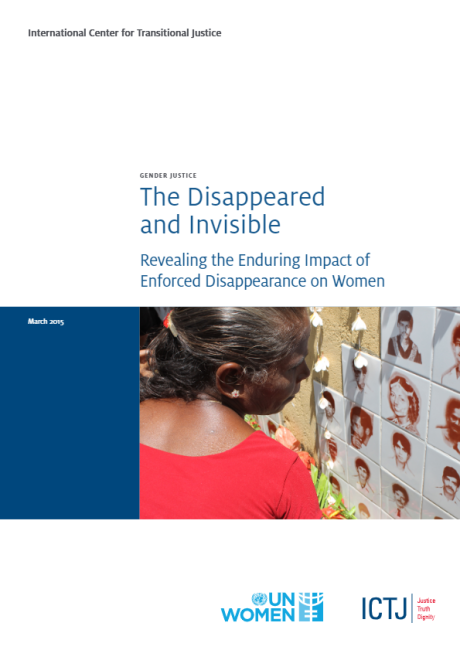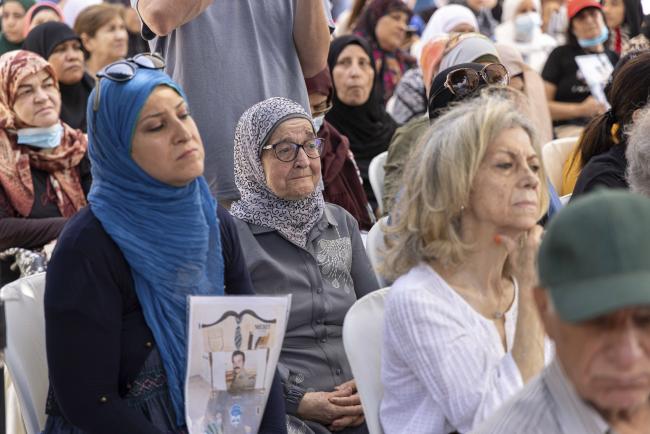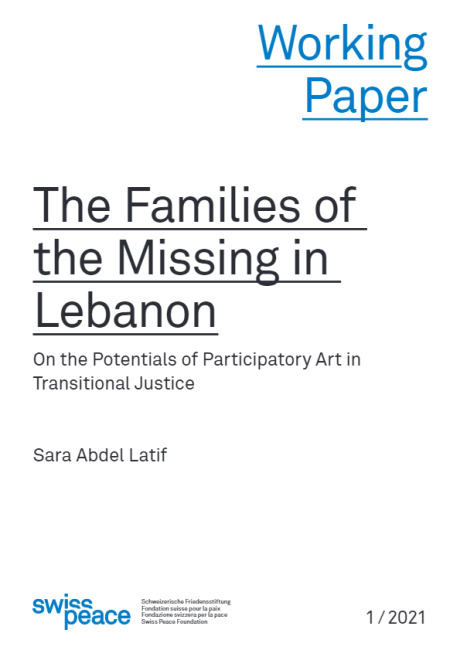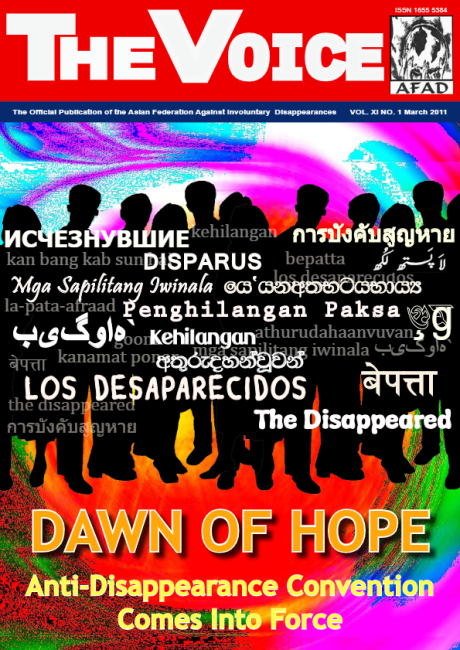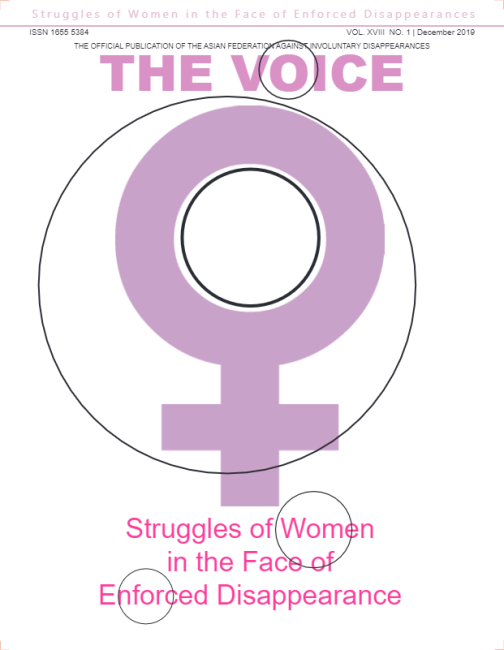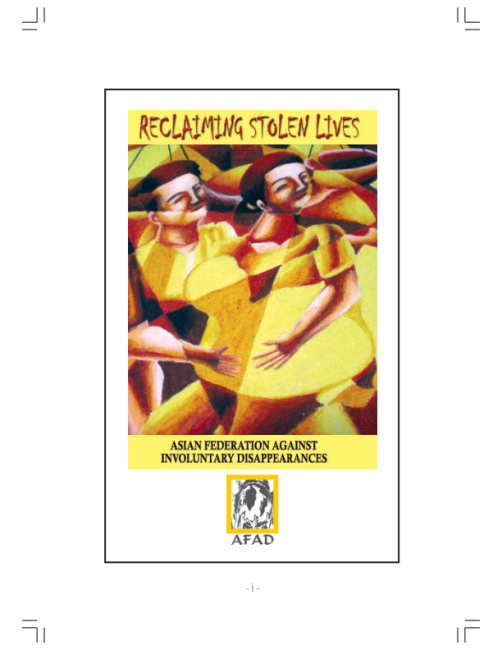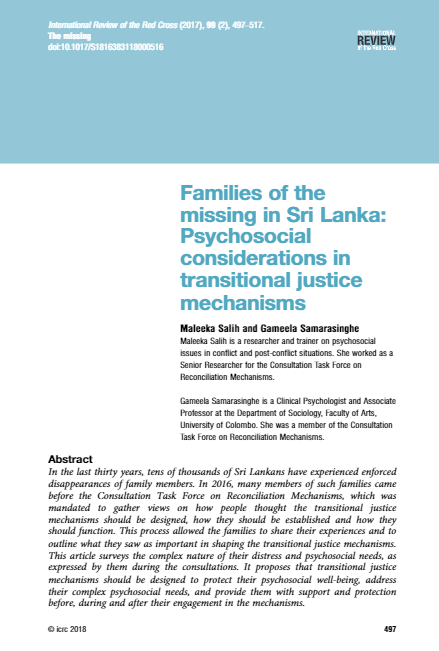
Families of the missing in Sri Lanka: Psychosocial considerations in transitional justice mechanisms
In the last thirty years, tens of thousands of Sri Lankans have experienced enforced disappearances of family members. In 2016, many members of such families came before the Consultation Task Force on Reconciliation Mechanisms, which was mandated to gather views on how people thought the transitional justice mechanisms should be designed, how they should be established and how they should function. This process allowed the families to share their experiences and to outline what they saw as important in shaping the transitional justice mechanisms. This article surveys the complex nature of their distress and psychosocial needs, as expressed by them during the consultations. It proposes that transitional justice mechanisms should be designed to protect their psychosocial well-being, address their complex psychosocial needs, and provide them with support and protection before, during and after their engagement in the mechanisms.


